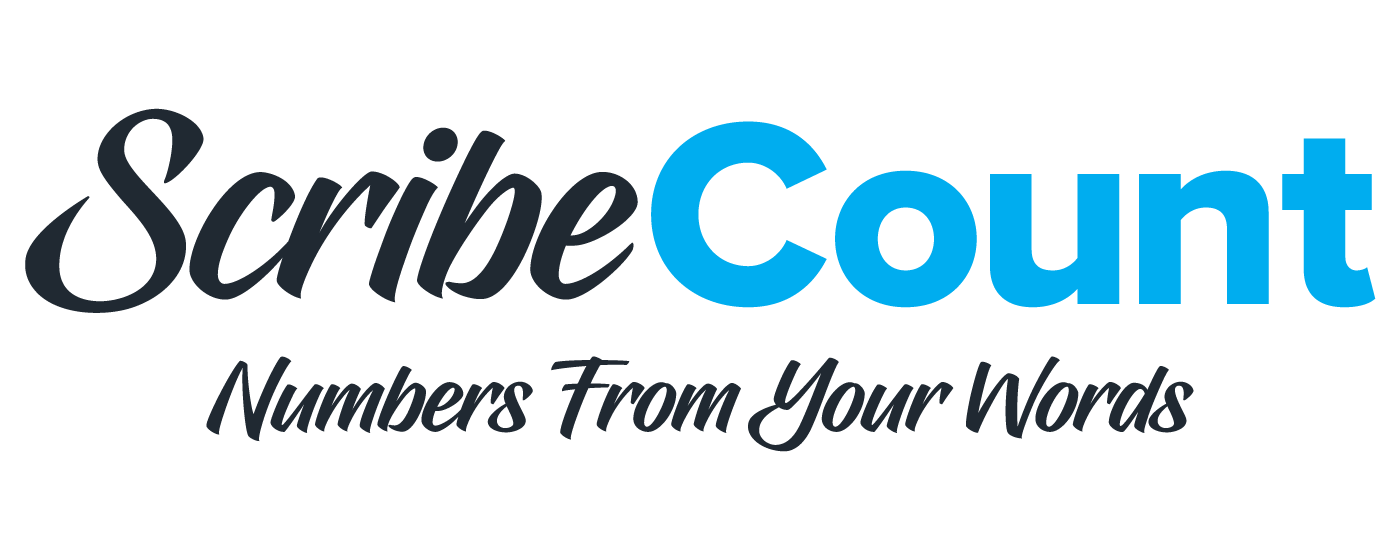You love creating stories. Maybe there are pieces of it you like better. Maybe there are some pieces that make you want to shove burning stakes into your eyes. Here at SC, we don’t judge. (But...no burning stakes, please.)
Regardless, things started to change when you began taking this “seriously” - you know, as a potential career. There are a lot of parts that aren’t in your wheelhouse, and you’re doing the best you can to follow step-by-step instructions. After all, why reinvent the wheel? You want to do this correctly and not waste any time, and that’s something we respect.
We also think (and this is in no way inspired by our own experience) that a lot of the how-to articles and step-by-step lists contain not only instructions and information, but also opinions, without differentiating between the three.
Example: ISBNs
- Instructions: “Navigate to the homepage and set up an account under your publishing company…”
- Information: “Purchasing your own ISBN has X benefits and Y costs”
- Opinion: “Don’t ever purchase ISBNs”
It’s not uncommon to find all three hanging out in the same blog post. Sometimes, the author of the blog post doesn’t even realize they’re doing it. Sometimes, they do and they are motivated by very, very good intentions (they don’t want you to make mistakes they made). The problem comes when opinions get passed across the blogosphere in the form of witty sayings that sound like advice, and which get followed by rote, whether or not they apply.
Do any of the following sound familiar?
- Never use semicolons
- You must have a pinch point exactly 27.5% of the way through your manuscript
- Your family needs to learn to leave you alone for at least 2 hours at a time while you write
- A Real Author writes every day
- Create specific branding for your pen name and stick to one genre. Preferably, one sub-genre.
Most of these pieces of advice have a grain of truth to them...which is part of what makes them so insidious. And, because the people who hand out these pieces of advice are often wildly successful, we feel like we shouldn’t question what they tell us.
But the truth is, they’re often mixing opinion in with instruction. Most pieces of advice aren’t universally applicable, and apply only in specific situations.
So, when writing advice knocks you off your stride, remember:
- This advice is likely a combination of instruction, information, and opinion
- In order to sort out which of it is applicable to you and which is not, you need to both learn more bout the context in which it was given (genre, year, resources, etc.) and you need to
and the first thing you should do with a piece of advice is try to unravel the intent behind it. Are you over-relying on semicolons or using them incorrectly? Make sure to switch up your style and really think about your sentence structure. Are you making time to write regularly? Really play around with your schedule and try writing in different ways, for different amounts of time, etc. You might be surprised at how much you can get done on a morning break!
You will need to develop your own suite of tools to keep you writing through different weather, projects, work, health issues, and more. What worked yesterday might not work today. What worked for one novel might not work for another. Some weeks (or months, or years) it might be the most you can do to stay afloat, and your writing projects will languish.
All that matters is that you do the best you can, the longest you can.



